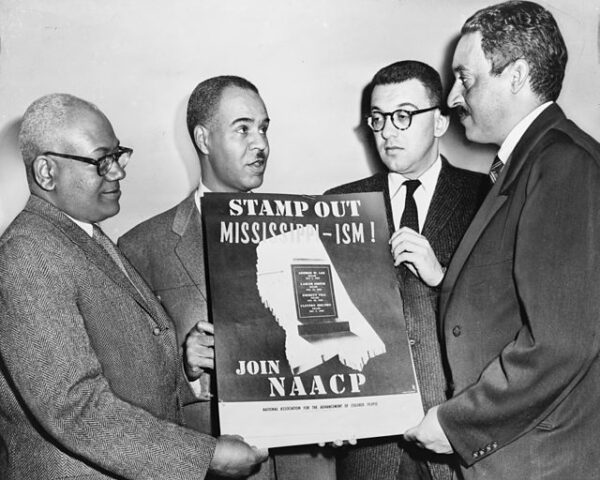It is considered one of the most important television miniseries of all time. On January 23, 1977, “Roots” debuted, marking a watershed moment in the history of American TV. Based on Alex Haley’s novel, the miniseries chronicled the journey of an African-American family, beginning with the capture of Kunta Kinte in Africa and spanning generations of slavery and liberation in the United States. The showing of “Roots” was a cultural phenomenon, drawing a massive audience and breaking new ground in terms of both narrative storytelling and its depiction of historical realities.
The impact of “Roots” on television cannot be overstated. The series was a groundbreaking exploration of the African-American experience, offering a nuanced portrayal of the harsh realities of slavery. It was a departure from the typical programming of the time and challenged the industry to engage with complex and often uncomfortable historical truths. The debut of “Roots” initiated crucial conversations about race, identity, and the enduring legacy of slavery in America.
Over 100 million viewers tuned into the show’s finale.
The success of “Roots” was not only due to its historical significance but also to the exceptional quality of its production. The cast, featuring talented actors such as LeVar Burton and John Amos, delivered powerful performances that resonated with viewers. The miniseries received widespread critical acclaim, earning multiple Emmy Awards and becoming a cultural touchstone for decades to come.
Beyond its entertainment value, the debut of “Roots” profoundly impacted societal consciousness. It brought the history of slavery to the forefront of public discourse and prompted a reexamination of America’s past. Viewers were not only entertained by the gripping narrative but also enlightened and educated about a chapter of history that had often been overlooked or sanitized in mainstream media.
“Roots” transformed American television. It elevated the medium by tackling important social issues and challenging prevailing norms in a thoughtful and compelling way. Its enduring legacy lies not only in its ratings and awards but in its ability to spark dialogue, promote understanding, and contribute to a broader societal reckoning with the complexities of the nation’s history.






